detail profile j c3 balia buisel
Peran Yang Di Mainkan Júlia Buisel
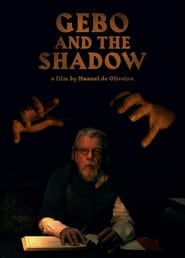 Despite his age and general weariness...
Despite his age and general weariness...Gebo and the Shadow 2012
Despite his age and general weariness, Gebo keeps on working as an accountant to provide for his family. He lives with his wife, Doroteia, and his daughter-in-law, Sofia, but it is the absence of João, son and husband, that worries them.Gebo seems to be hiding something, especially to Doroteia, who is anxiously waiting to see her son again. Sofia is also waiting for her husband to come home, and yet she fears him. All of a sudden, João arrives and everything changes.
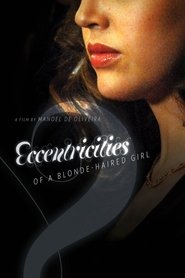 On a train to Algarve a...
On a train to Algarve a...Eccentricities of a Blonde-Haired Girl 2009
On a train to Algarve, a young man recounts to a fellow passenger his past relationship with an eccentric young woman.
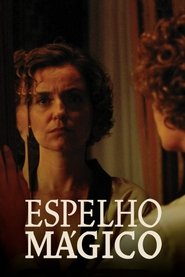 Luciano fresh out of jail was...
Luciano fresh out of jail was...Magic Mirror 2006
Luciano, fresh out of jail, was taken by his brother, Flórido, to serve in the home of wealthy Alfreda. He was surprised when she told him that her greatest desire was to see the Virgin Mary. Now comes this rich land owner with her sublime pretensions. Isn't it enough for her to have an Aston Martin and a Jaguar in the garage and ten different dresses per season? It was all professor Heschel's fault. Or someone else's. Anyway, to go beyond the promise is heresy. Alfreda said that she wouldn't rest until she saw the Virgin and made her some questions. Filipe Quinta, the Forger, says he has a solution. Meanwhile, Bahia, her husband, listens do music.
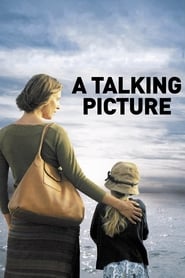 A meditation on civilization July 2001 friends...
A meditation on civilization July 2001 friends...A Talking Picture 2003
A meditation on civilization. July, 2001: friends wave as a cruise ship departs Lisbon for Mediterranean ports and the Indian Ocean. On board and on day trips in Marseilles, Pompeii, Athens, Istanbul, and Cairo, a professor tells her young daughter about myth, history, religion, and wars. Men approach her; she's cool, on her way to her husband in Bombay. After Cairo, for two evenings divided by a stop in Aden, the captain charms three successful, famous (and childless) women, who talk with wit and intellect, each understanding the others' native tongue, a European union. The captain asks mother and child to join them. He gives the girl a gift. Helena sings. Life can be sweet.
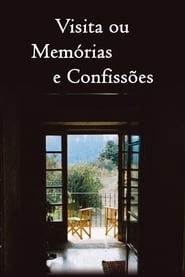 A longhidden personal doc about leaving...
A longhidden personal doc about leaving...Visit, or Memories and Confessions 1993
A long-hidden, personal doc about leaving a beloved house by the late, revered Portuguese director Manoel de Oliveira.
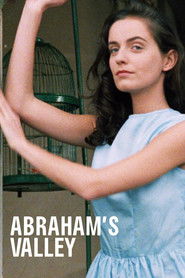 Ema is a very attractive but...
Ema is a very attractive but...Abraham's Valley 1993
Ema is a very attractive but innocent girl, so pretty that cars crash in her presence. In her youth she marries Dr. Carlos Paiva, her father's friend, to whom she is not attracted. They move to the valley of Abraham. Carlos loves her, but decides to sleep in a separate room to avoid waking Ema when he has to return late at night. As time goes by she begins to feel unhappy about her marriage, so she finds a new lover.
 This odd film is a major...
This odd film is a major...The Cannibals 1988
This odd film is a major representative of an even odder film genre: direct-to-celluloid opera. It was commissioned by the Portuguese master of style, director Manoel de Oliveira from composer João Paes. Musically, it ranges from 19th-century romanticism to popular, modernist and even "post-modernist" styles. In the initially tame story, a host-narrator tells the story of a wedding between the two lovebirds: Viscount d'Aveleda and the beautiful Marguerite. However, what happens in the bridal chamber is incredibly bizarre. The events after that are even stranger, and the wedding guests and family indulge in cannibalism, among other perversions.
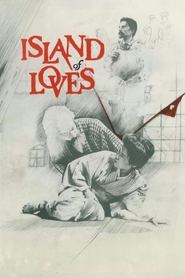 This film depicts the life of...
This film depicts the life of...Island of Loves 1982
This film depicts the life of the 19th-century Portuguese writer Wenceslau De Moraes by means of nine ancient ballads from China. The writer married a Chinese woman after he left his wife and family to go live in Macao. Later, he moved to Japan where he fell in love with a Japanese woman, staying in Japan for the rest of his life. Mixed in with the career and loves of Moraes is the history of Portugal at home and in its colonies.
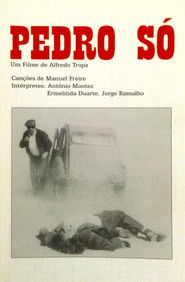 Pedro is a young agricultural worker...
Pedro is a young agricultural worker...Just Pedro 1972
Pedro is a young agricultural worker who gets caught in the middle of a fight between two families, kills a man and escapes to the capital. He can't find work,resorts to begging, but keeps his mountaineer pride. He starts a new life with a prostitute who is nice to him, but nothing works. He returns home, and alone, and now he finds life there is sad as well.
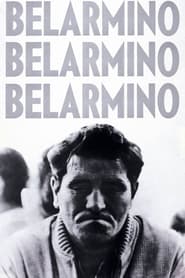 A portrait of Belarmino Fragoso a...
A portrait of Belarmino Fragoso a...Belarmino 1964
A portrait of Belarmino Fragoso, a veteran boxer in Lisbon nearing the end of his career. In a blend of reportage and re-enactment, the many vices of the once national featherweight champion are revealed against a background of the grim economics of boxing in 1960s Portugal.
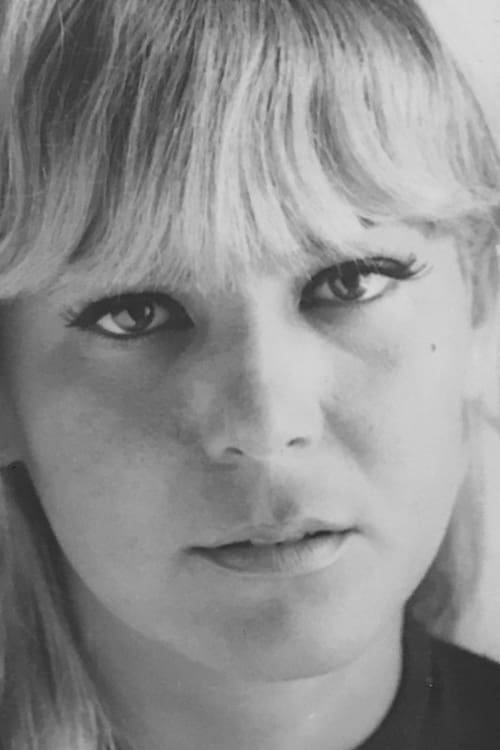
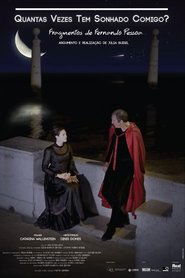 Departing from extracts written by Fernando...
Departing from extracts written by Fernando...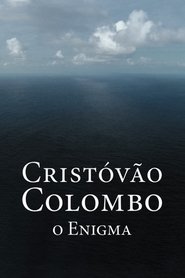 A true story of a doctor...
A true story of a doctor...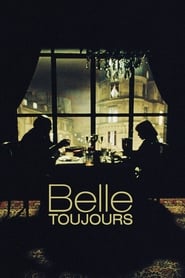 38 years after the events in the...
38 years after the events in the...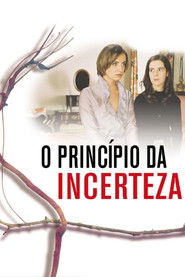 Having lost her place among the...
Having lost her place among the...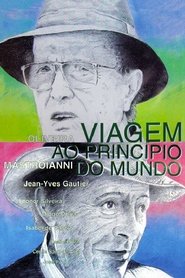 Manoel is an aging film director...
Manoel is an aging film director...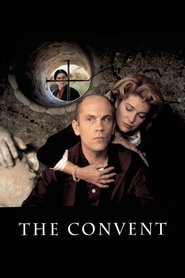 The journey of Michael Padovic an...
The journey of Michael Padovic an...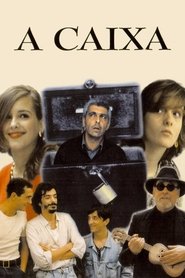 A blind beggar is robbed of...
A blind beggar is robbed of...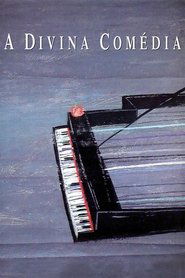 In a mental institution the patients...
In a mental institution the patients...